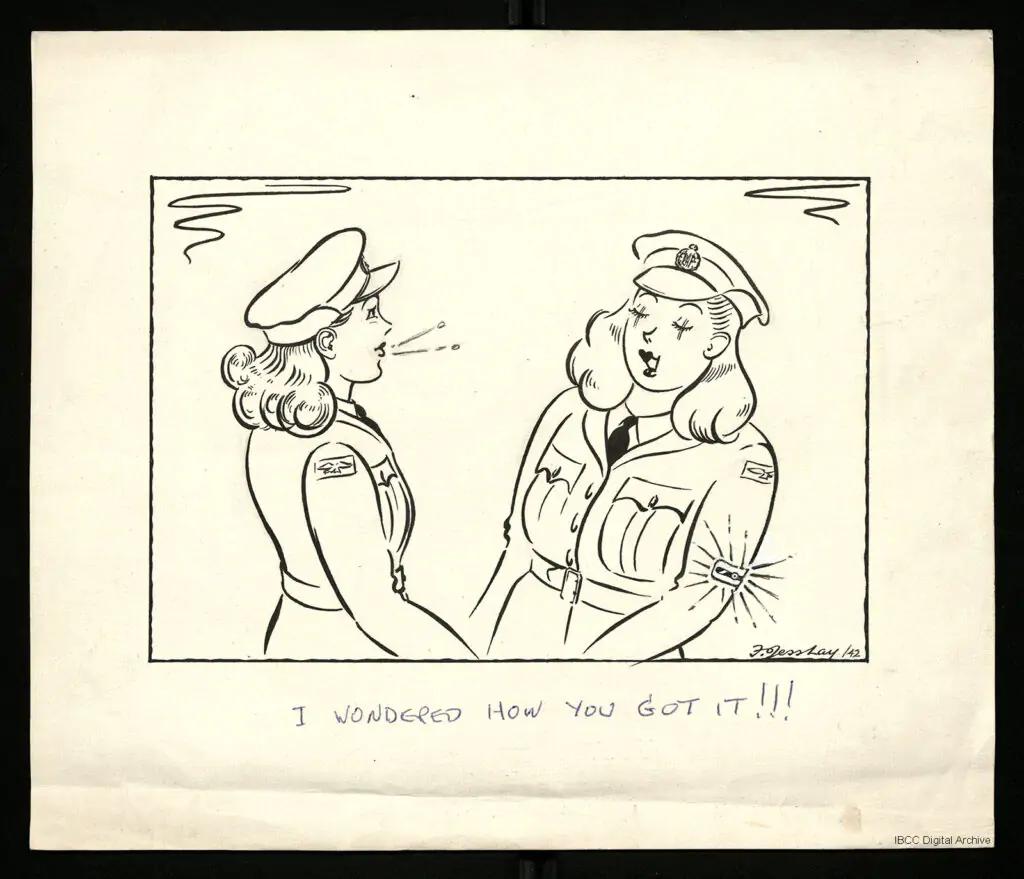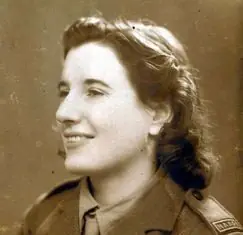
Women in War –The NAAFI
Backbone of British military morale
Amid the intensity and uncertainty of wartime, the Navy, Army and Air Force Institutes (NAAFI) emerged as a vital institution dedicated to maintaining the morale and welfare of Britain’s armed forces. Established in 1921, the NAAFI played an essential role in providing services and comforts to soldiers, sailors, and airmen both at home and abroad, becoming a cornerstone of military life.
Pulling it all together
NAAFI was created by the British government to centralise the management of canteen services and amenities for the military. The aim was to ensure that all service personnel, regardless of location, had access to the same provisions for welfare support. This initiative proved to be critical in a war that truly was worldwide and took service personnel thousands of miles from home.
A taste of home
The primary function of the NAAFI was to run canteens and recreational facilities where service members could relax, socialise and enjoy a taste of home. These canteens offered a range of goods including food, beverages, cigarettes and other essentials that were otherwise hard to come by during wartime. The familiar atmosphere and friendly service provided a much-needed respite from the rigours of military duty.
A lifeline during conflict
The NAAFI’s impact during World War II cannot be overstated. The number of employees rose from 8,000 to a peak of 110,000, and the number of NAAFI outlets from 1,350 to 10,000. The organisation’s services helped alleviate the hardships faced by soldiers, sailors and airmen, offering a semblance of normality amidst the chaos of war.
Modern Giant - Mary Pittuck

Going to war
As the NAAFI grew, so did its range of services. Facilities were set up in theatres of war ranging from the deserts of North Africa to the jungles of Southeast Asia. Over 500 NAAFI staff lost their lives overseas, as well as those, like NAAFI worker Renee Woods, immortalised in a silhouette at the IBCC, who died working on stations in the UK which were subject to bombing attacks. NAAFI operated mobile canteens for troops stationed in remote and challenging locations, while before D-Day NAAFI volunteers staffed canteens in sealed invasion camps, knowing they would not be allowed to leave until the invasion took place. Before leaving for Normandy, each soldier received a NAAFI canteen pack containing cigarettes, shaving kits, toothpaste and soap. These small tokens provided a comforting link with normal life.
“Every Night Something Awful”
The Entertainments National Services Association (ENSA) operated as part of the NAAFI, putting on concerts for the troops all over the theatre of war. Despite the rude nickname for its performances, ENSA brought distraction and fun to servicemen’s lives and attracted some hugely talented artists, such as Terry Thomas and Peter Sellers. Vivienne Hole, stage name Vivienne Fayre, was the only ENSA member killed in the war, driving into a minefield in Normandy in early 1945.
Our Women in War Giants installation includes Renee Woods who was born in Fishtoft, near Boston, Lincolnshire. She was killed whilst serving at RAF Waddington when 5 Nazi bombs dropped from a lone Luftwaffe bomber destroyed the NAAFI on 9th May 1941. She was only 23 years old.
Six NAAFI girls were killed in that raid including Manager, Doris Constance Raven. The rebuilt NAAFI building was christened the Raven’s Club in their memory and retains that name to this day.
Life after wartime
The NAAFI continues to provide retail outlets, catering, laundry and much more in some of the world’s most remote locations such as the volcanic Ascension Island and Diego Garcia in the Indian Ocean. In 2023, it launched itself into the UK’s high street with brand new NAAFI Cafes in, for example, Catterick, Scarborough, Winchester and Fareham. Today, it still operates, albeit on a smaller scale, continuing its tradition of serving the needs of the military community. Its legacy is a testament to the importance of welfare and morale in maintaining a strong and effective armed forces. The dedication and hard work of NAAFI personnel over the decades have left an indelible mark on the history of military service in the UK.
Modern Giant - Liv Garfield CBE